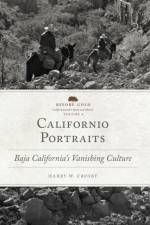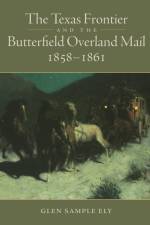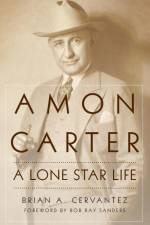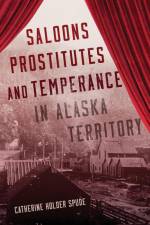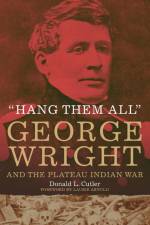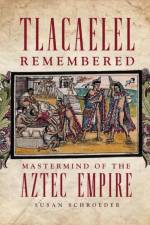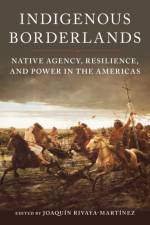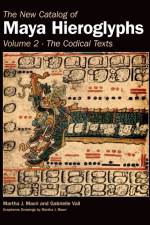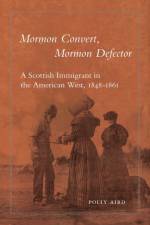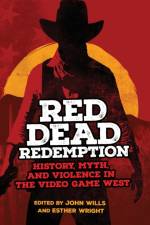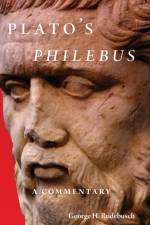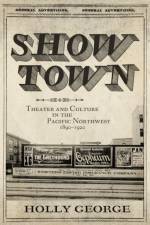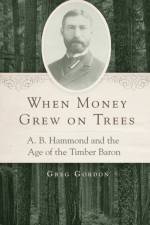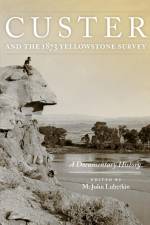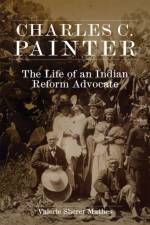von Leisl Carr Childers
37,00 €
The Great Basin, a stark and beautiful desert filled with sagebrush deserts and mountain ranges, is the epicenter for public lands conflicts. Arising out of the multiple, often incompatible uses created throughout the twentieth century, these struggles reveal the tension inherent within the multiple use concept, a management philosophy that promises equitable access to the region's resources and economic gain to those who live there.Multiple use was originally conceived as a way to legitimize the historical use of public lands for grazing without precluding future uses, such as outdoor recreation, weapons development, and wildlife management. It was applied to the Great Basin to bring the region, once seen as worthless, into the national economic fold. Land managers, ranchers, mining interests, wilderness and wildlife advocates, outdoor recreationists, and even the military adopted this ideology to accommodate, promote, and sanction a multitude of activities on public lands, particularly those overseen by the Bureau of Land Management. Some of these uses are locally driven and others are nationally mandated, but all have exacted a cost from the region's human and natural environment.In The Size of the Risk, Leisl Carr Childers shows how different constituencies worked to fill the presumed "empty space" of the Great Basin with a variety of land-use regimes that overlapped, conflicted, and ultimately harmed the environment and the people who depended on the region for their livelihoods. She looks at the conflicts that arose from the intersection of an ever-increasing number of activities, such as nuclear testing and wild horse preservation, and how Great Basin residents have navigated these conflicts.Carr Childers's study of multiple use in the Great Basin highlights the complex interplay between the state, society, and the environment, allowing us to better understand the ongoing reality of living in the American West.

